Where were you when you first heard Jamie xx’s I Know There’s Gonna Be (Good Times)?
You may not remember, but by the end of 2015 it had become the go-to anthem of every party; the one song that could unite dance fans of all shades. Spotify anointed it the official song of the summer, and Good Times quickly became that rare sort of hit that was as cherished by FM radio stations as it was discerning festival crowds.
In 2016, there’s not yet a dance artist who can stake the same claim. The first half of the year has delivered plenty of albums worth putting on repeat, but it hasn’t given us at hits. Look at inthemix’s own round up of the best tracks of the year so far – #1 went to house duo the Bicep remix of Isaac Tichaueer’s Higher Level. A great track? You bet. Destined for mass appeal? Probably not.
By contrast, the previous few years seem clearly defined by one or two unifying anthems that hit both DJ sets and radio playlists. In 2011 it was Levels, in 2012 it was (for better or worse) Swedish House Mafia’s Don’t You Worry Child. 2013 gave us Daft Punk’s comeback single Get Lucky and Martin Garrix’s career-making Animals, while 2014 offered cult anthems from the far less commercial end of the spectrum, Caribou’s Can’t Do Without You and Tiga’s Bugatti, plus a local #1 in Peking Duk’s High.
As well as Jamie xx’s unlikely anthem, last year saw a little track called Lean On take over, breaking records to become Spotify’s most streamed ever track, collecting almost 1.5 billion views on YouTube to boot and bringing Major Lazer somewhat reluctantly into the mainstream.
And in 2016? More than halfway through the year, there’s no song of the summer in sight.

So what gives?
If there’s one guy was going to swoop in with this year’s anthem, it was Flume.
In May, Future Classic’s boy wonder returned with Skin, a second album we assessed to be worth the wait. It was led by the single Never Be Like You, which in commercial terms, has been far and away Flume’s biggest yet: it went triple platinum in Australia, made it onto FM radio and helped Harley Streten sell out 10,000+ capacity shows around the world. But it was pop. It wasn’t a banger. And its chances of getting played in a club are pretty close to zero.
And as for dance music’s other dependable hitmakers? Skrillex’s biggest track of the year thus far has been the decidedly downtempo remix of Show Me Love, which has no anthemic aspirations. Calvin Harris’ new single This Is What You Came For feels tepid compared to his 2015 collaboration with Disciples. This month, Diplo reunited with the singers who gave him his two biggest hits – What Do Ü Mean collaborator Justin Bieber and Lean On‘s MØ – for Major Lazer’s next single. The result, Cold Water is a good track but doesn’t have the instant appeal of either of Diplo’s previous hits. (Hell, maybe it’s a grower.)
Even dance music’s biggest commercial players – Tiesto, Hardwell, Alesso, Axwell and Ingrosso – haven’t hit the right note.

The year of the LP
There’s one very simple explanation for why 2016 hasn’t delivered hits, and it’s not what you’d think: dance music’s overall product is improving.
In the first half of the year, a long list of artists have delivered albums: Eric Prydz, Bauuer, Boys Noize, Underworld, RUFUS, Moderat, Mat Zo and the aforementioned Flume among them. SBTRKT followed his tepid 2014 LP Wonder Where We Land with Save Yourself, an 8-track artistic statement that paired custom-made visuals with his best music in years. On one day in May alone, we got LPs from Kaytranda, Anohni, James Blake, Tourist and Skepta.
Clearly, this hasn’t been a weak year for dance music. So if it’s not that producers have forgotten how to make good tracks, could it be that they’re focussing on albums?
As the EDM boom fades into the rearview mirror, it seems that so too has the arms race to create the next big hit. For artist manager Sasha Skalrud – who looks after names like Golden Features – the pressure to weave commercial gold is off. “Instead of focussing on making the biggest, loudest, most radio-friendly track, producers have reverted back to making good music,” he told inthemix. “And as a result we’re getting significantly better music and a lot more of it.”
Gold Coast name Paces is one of the producers who has released a well-crafted album in 2016 and while he admits to still feeling “the same amount of pressure” to create big singles, he sees a more receptive landscape for LPs. “I feel like we’re in a really cool new era of albums,” he told us. “[Until] recently it seemed like a lot of electronic albums were just these disparate collections of singles, rather than something you’d listen to on a road trip.”

Is dance music better when it’s not chasing hits?
2016’s absence of a big hit might also signal that radio play just isn’t dance music’s most valuable commodity right now.
Of course, that’s always been the case for house and tech heads who never strived to be played on air anywhere but BBC Radio 1. But where mainstream-leaning artists once would have used radio to get the word about their new music out, it’s now easier than ever to push songs out directly to fans on social media, effectively cutting out the middle man.
Plus most dance acts will tell you they’re not even focussing on music sales anymore – it’s been well documented that there’s not much money left in it – instead, they want to sell tickets to shows. And if you’re trying to create the sort of fans who like you enough to stick around for a two hour set, that’s easier done with an on-point mix or an album that shows artistic vision than a three minute track. Why bother to make music for radio when all you’re trying to do is bring people to clubs?
So if less radio-geared hits means more expression, that’s a trade off dance music should be happy to make.
Katie Cunningham is the Editor of inthemix. She is on Twitter.
The post Why doesn’t 2016 have a song of the summer? appeared first on inthemix.


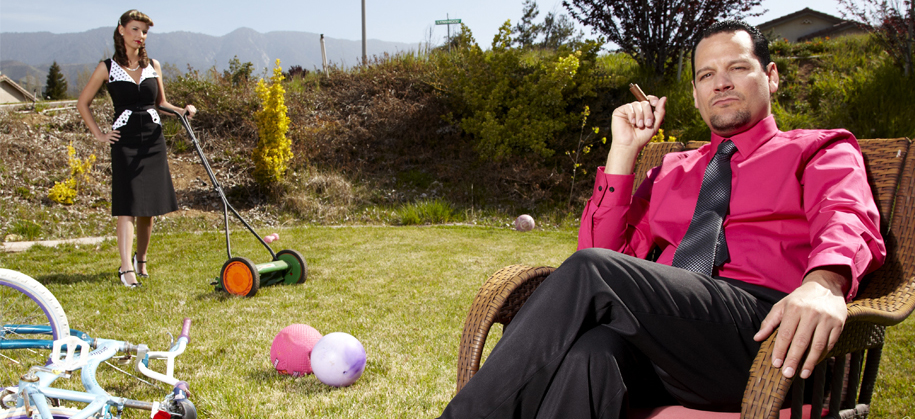

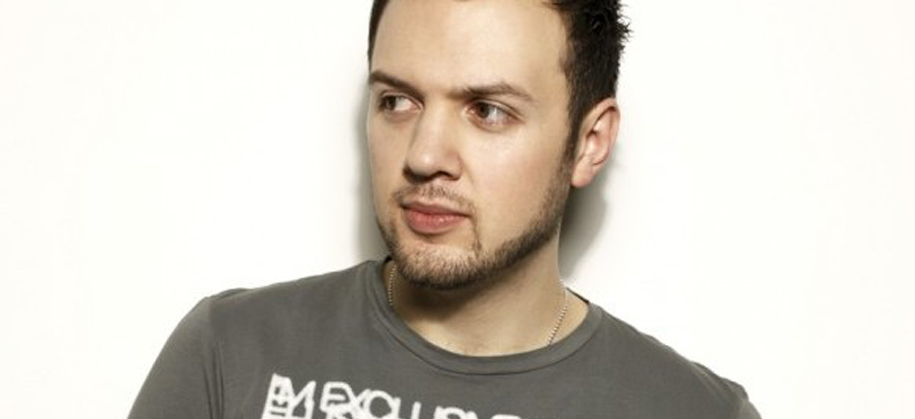
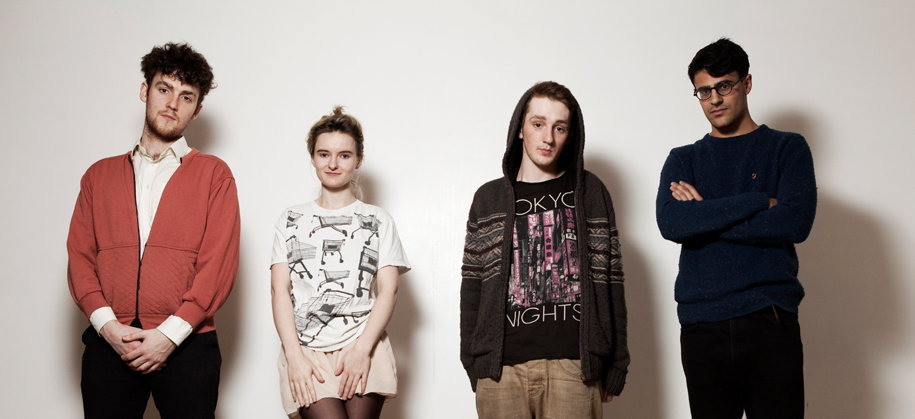

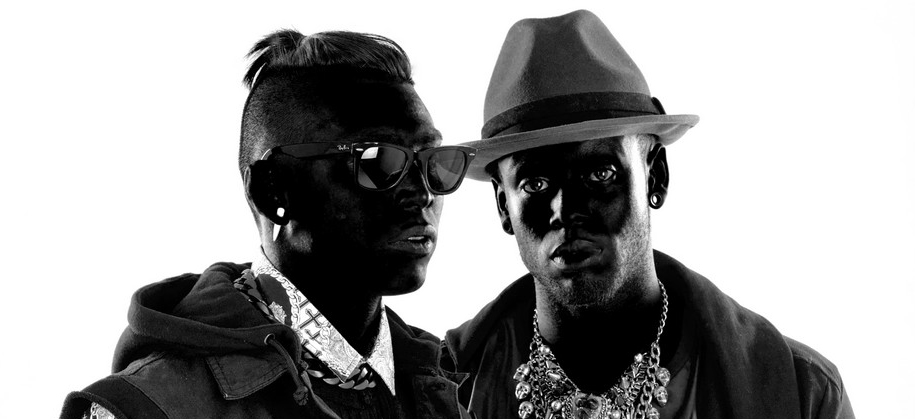

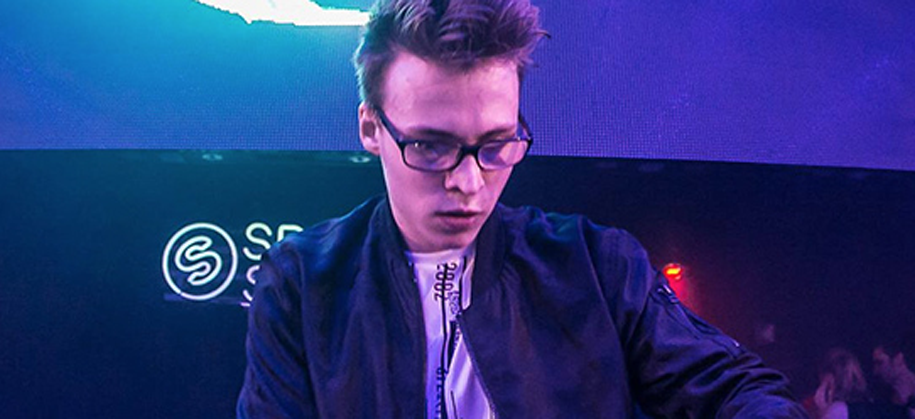
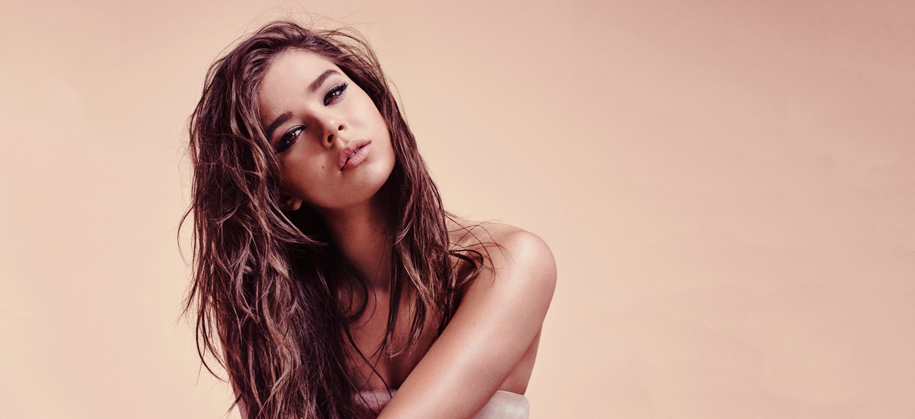
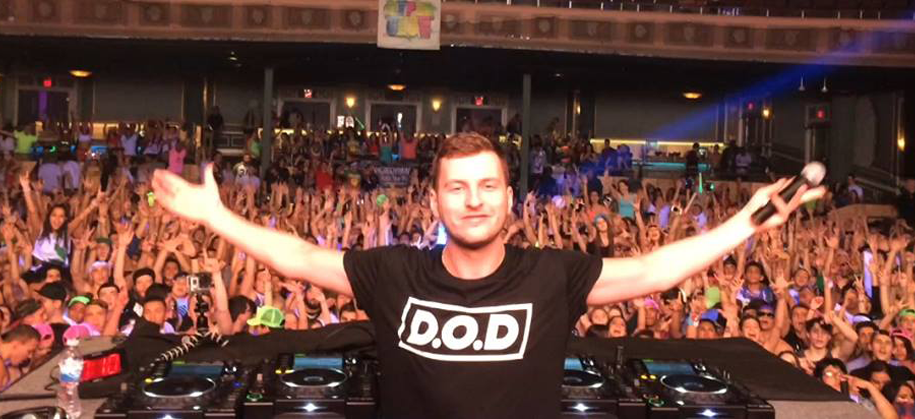
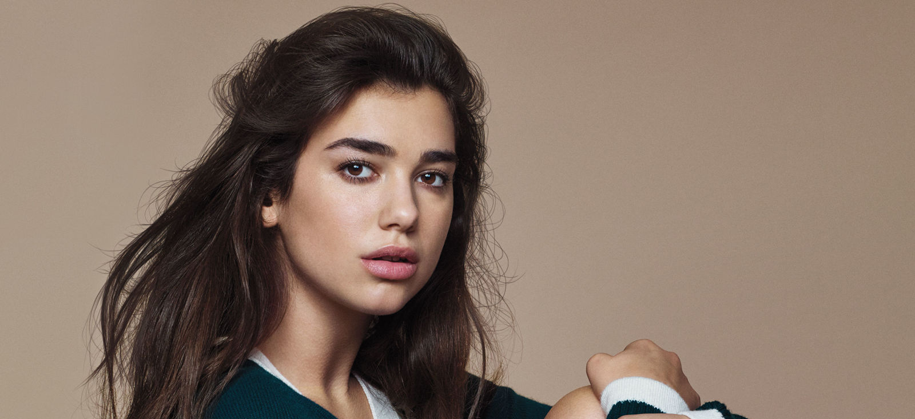
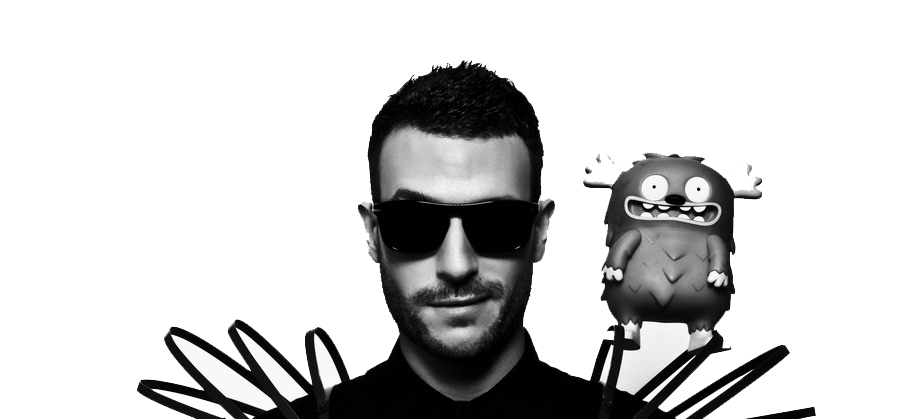
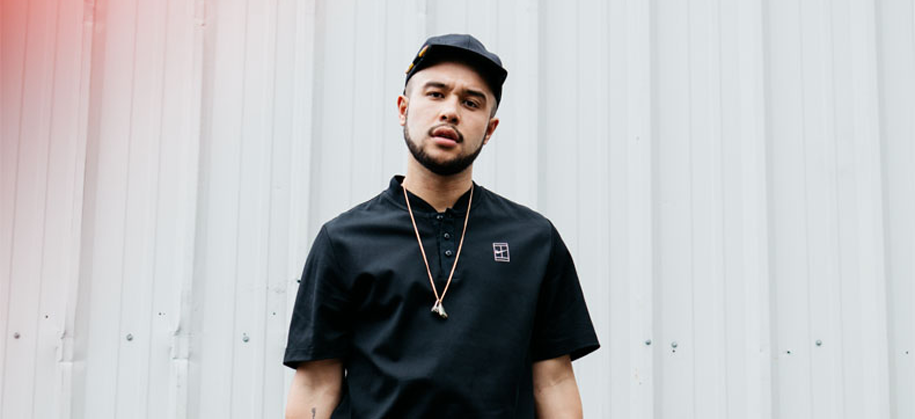
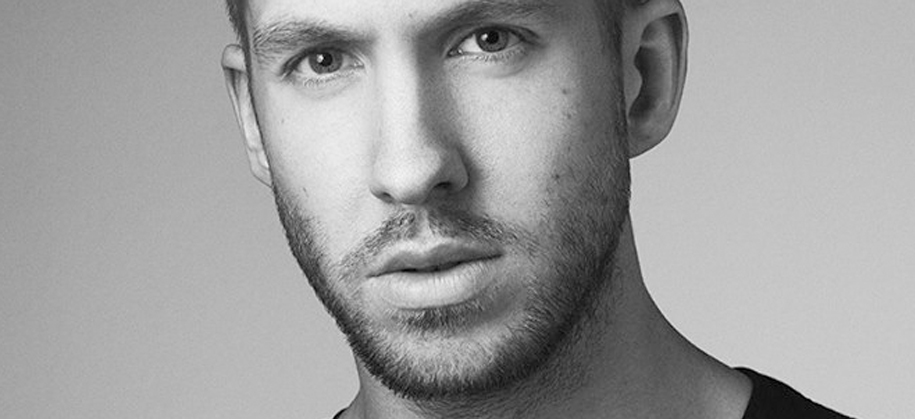
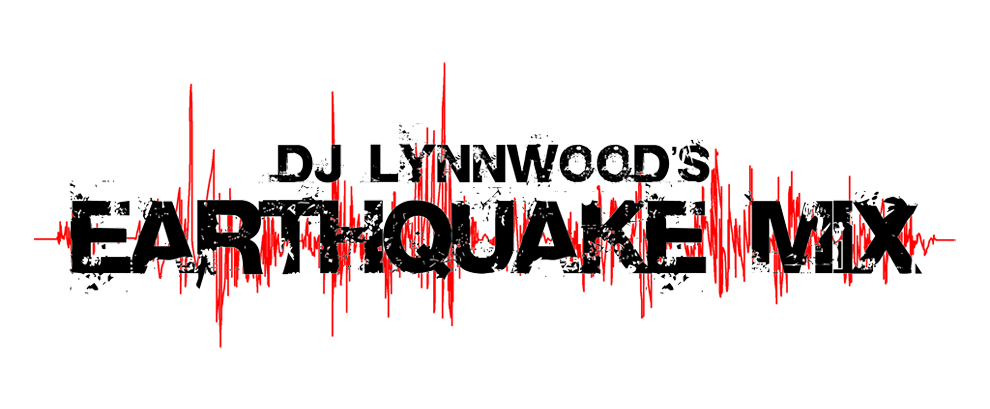
 Category:
Category: 
Earthquake Mix: